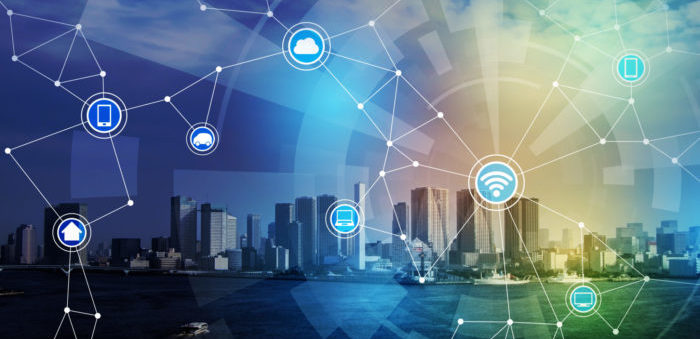DNV GL published the ‘Digitalization and the future of energy’ report, focusing on what’s the meaning of digitalization, how it affects the energy sector and where can it add most value for society and individual organisations.
This report explores the views and digital maturity of organizations across the energy value chain. It reveals which digital technologies organizations are investing in now and which they’ve earmarked for future investment; the goals and benefits being realized and how internal barriers are creating roadblocks to digitalization, which could see some organizations get left behind.
In order to get a full insight into what digitalization means for the energy sector, DNV GL surveyed nearly 2000 professionals from across the global energy value chain.
The results focus on three sectors that could help organisations:
- Formulate the right questions to start a successful digital transformation;
- Understand their digitalization options;
- Benchmark their progress against other leaders in the industry.
The report notes that prior to starting their digital transformation, companies should be clear on why they are digitalizing and how it supports their long-term goals.
[smlsubform prepend=”GET THE SAFETY4SEA IN YOUR INBOX!” showname=false emailtxt=”” emailholder=”Enter your email address” showsubmit=true submittxt=”Submit” jsthanks=false thankyou=”Thank you for subscribing to our mailing list”]
DNV GL focuses also on automation, virtual reality, blockchain. The research looks at what digital technologies are available, and which are already having the biggest impact across a range of segments. Data is, of course, king in the digital world.
Concluding, to ensure that digital transformation is successful, organizations need to ensure they’re involving employees, encouraging collaboration, and replacing hierarchy with cross-functional teams.
For more information on the report, click here.




























































